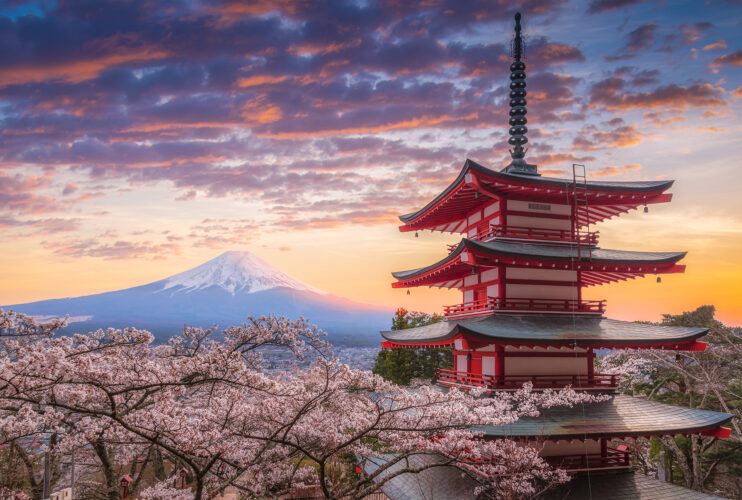Japan had the biggest mortality turn around post the world War 2 era. But, it has consistently topped the global charts in terms of living a longer and healthy life as compared to people of other countries. Although there is no one reason for this, scientists believe that there is a host of factors which has helped Japan to achieve this feat.
1. Vegetable intake
The Japanese, unlike the countries in the West, consume a lot of fresh vegetables, seaweed means, fermented soy, rice, and fish. It ensures adequate phytochemicals, vitamins and minerals. The eating habit surely adds the extra mileage as far as mortality is concerned.

2. Different style of cooking
Typically, the preparation of Japanese cuisine involves a lot of steaming, fermenting, slow-cooking, pan-grilling and stir-frying. Apart from this, the Japanese prepare small dishes and have the habit of drinking a bowl of soup before every meal.
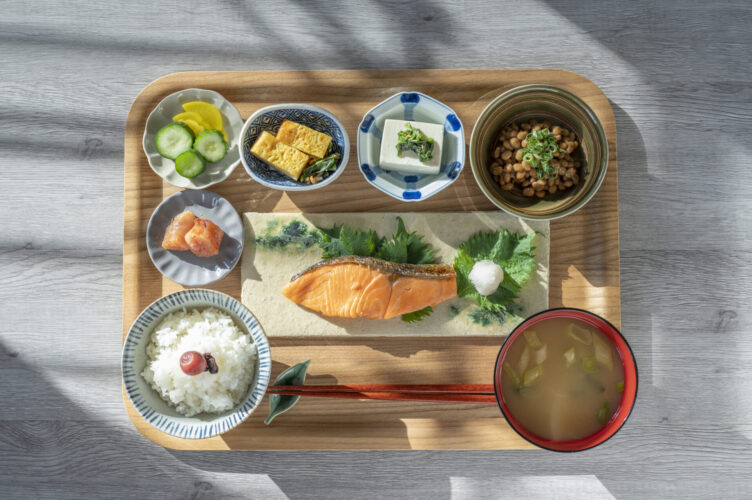
When a small amount of all vegetables along with rice and fish is consumed daily, the body gets enough fibre.
3. The tea culture
The tea drinking culture of Japan goes a long way in fighting diseases owing to its anti-bacterial properties. While coffee doesn’t harm our body, tea varieties such as matcha are far more useful for the body.
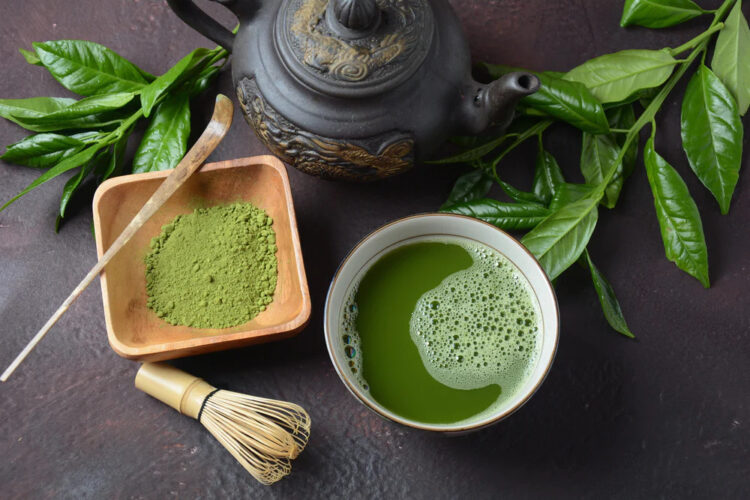
4. Fresh Food
Japan is one of the few countries where people consume serious fresh food. Japanese are one of the fortunate ones who eat their food hours after production.
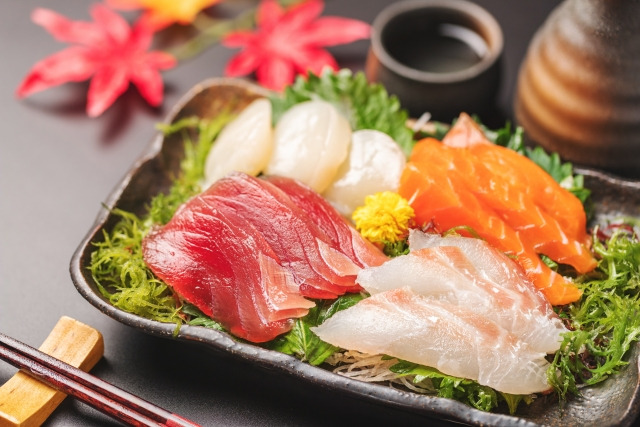
The vast amount of arable land and not so big population helps the demand and supply to be in the balance. The fresh food helps the body to produce more energy and be active throughout the day.
5. Smaller plates
Portion control and etiquette are a big part of the Japanese culture. They eat from small pots, use chopsticks, garnish their food lightly, serve food in small dishes etc. Japanese never eat until they are too full to walk.
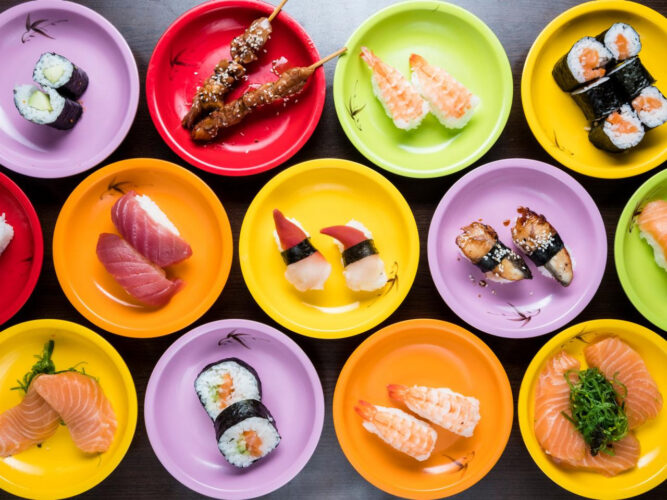
Typically, Japanese eat till they are 8 percent full. This helps in easy digestion and more agility.
6. More body activity
Japanese love to commute in public transport. They get up, go to their nearest station, wait for the train, stand in the train and walk to their workplace from the station.
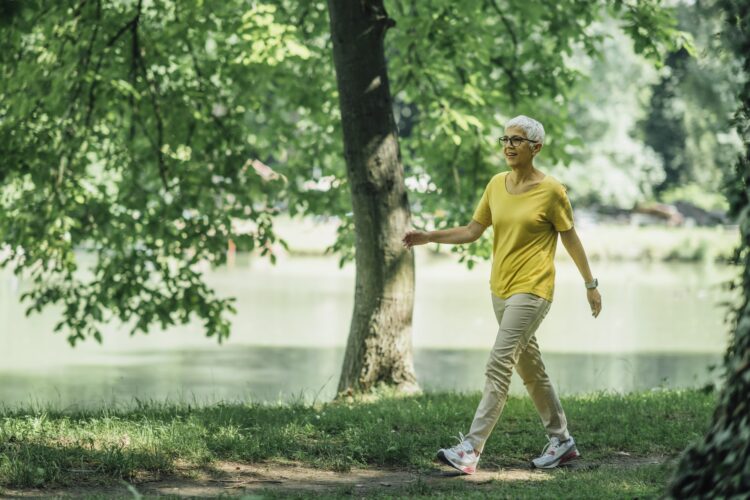
Although there are an ample number of cars in the country using it is considered to be a luxury. Japanese also get a wake-up call for exercise every morning. This results in an increased level of energy, more focus at the workplace and better athleticism.
7. Healthcare
Japanese have got a full proof healthcare from the year 1960. They visit their doctors more than a dozen times a year. This is 4 times as compared to their US counterpart. What’s fascinating is the fact that it costs the Japanese Government only 8 percent of the GDP.
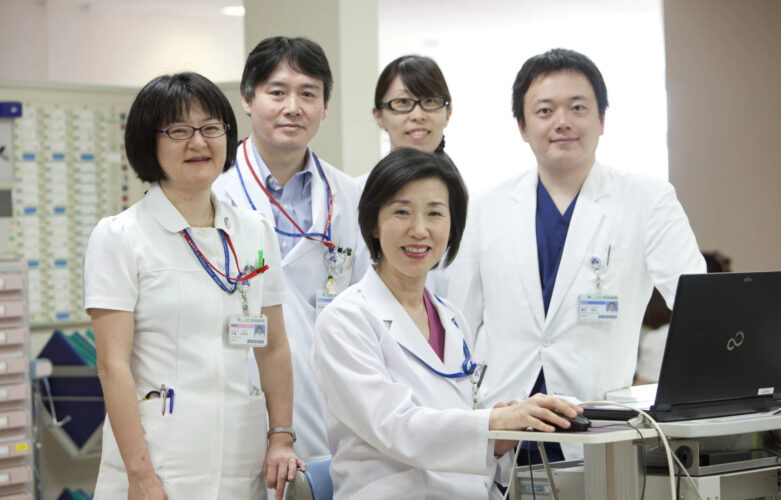
It goes without saying that Japanese get to know about any probable diseases that they might have well before any damage could happen.

